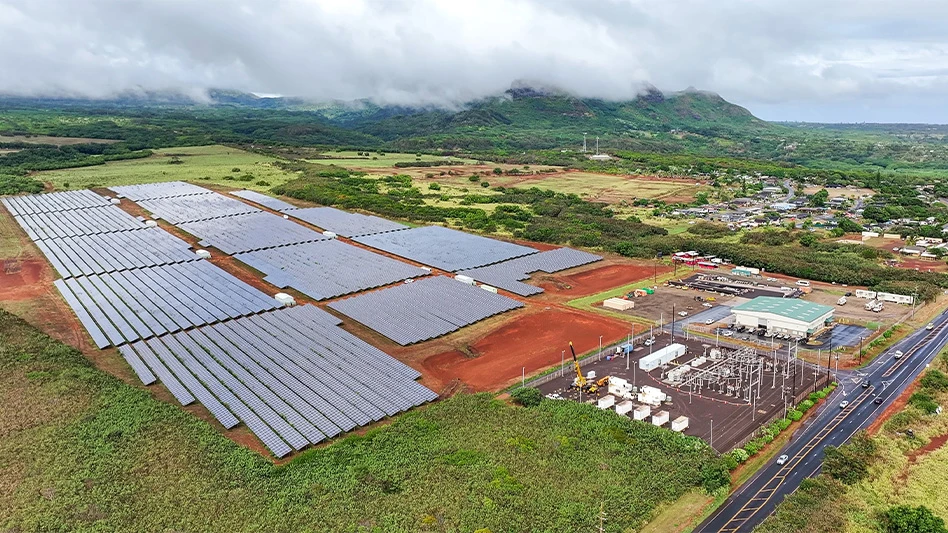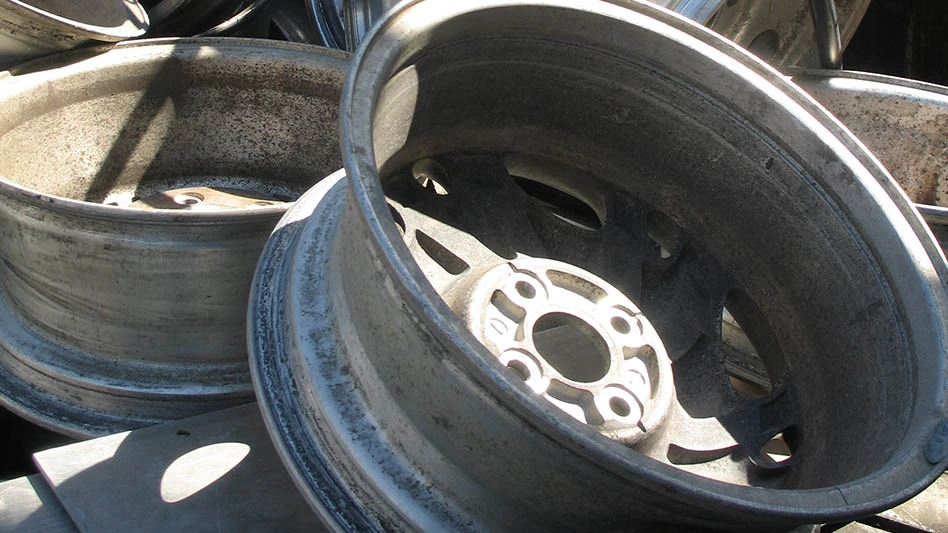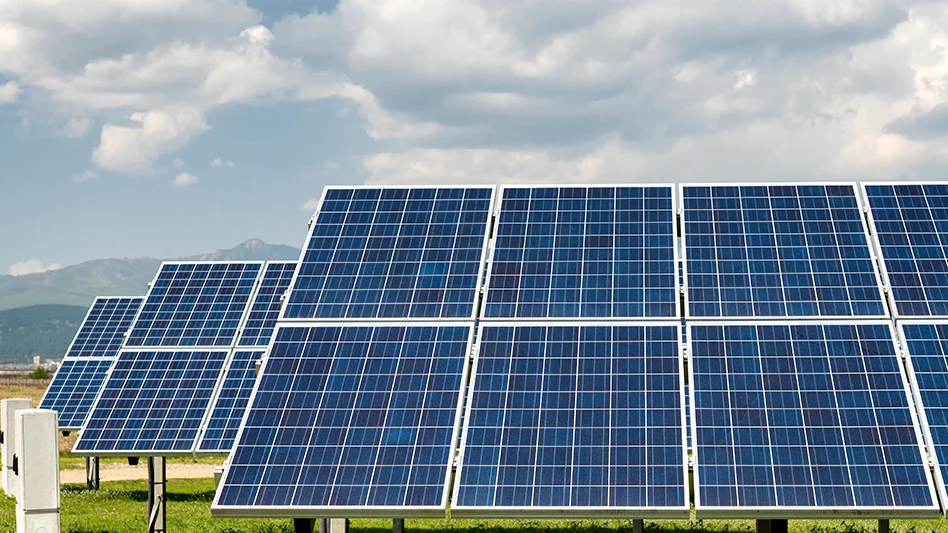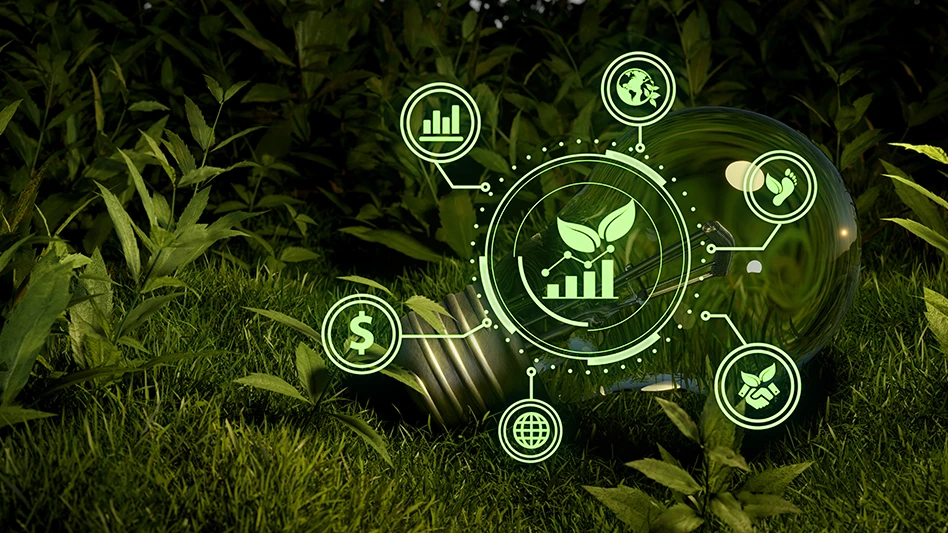
Photo courtesy of Redwood Materials
Carson City, Nevada-based battery recycler Redwood Materials and the Kauai Island Utility Cooperative (KIUC) in Hawaii have partnered to decommission the island’s first-generation storage project at the Anahola substation, a 4.6-megawatt hour battery storage system. In a post to its website, Redwood says the project represents the opportunity for forward-thinking partnerships and stationary storage to be recycled at end-of-life.
According to Redwood, the KIUC, founded in 2002, has been pivotal to guiding Hawaii’s shift to renewables, often achieving 100 percent renewable power generation on sunlit days. The Anahola Solar initiative stands as a testament to this dedication, the company adds, as it represents KIUC’s foresight into the next era of energy and stationary storage.
RELATED: Redwood Materials launches pricing tool for end-of-life EV batteries | Redwood Materials completes Series D investment round
As the site reaches its end-of-life, Redwood is managing its decommissioning, transport and recycling at its Northern Nevada facility.
“When it comes to renewable energy deployment, Hawaii has always been a leader, energizing some of the earliest and largest solar plus storage projects on earth,” Redwood Founder and CEO JB Straubel says. “Our partnership with KIUC to decommission and recycle the first-generation storage project at the Anahola substation demonstrates their true commitment to sustainability.”
Redwood notes that the energy storage landscape has undergone significant growth, with the U.S. deploying 4.8 GW last year. These numbers are expected to increase every year going forward, the company says, underscoring the need to oversee these systems responsibly throughout their entire lifecycle, from initial deployment to eventual decommissioning.
KIUC’s sustainable vision doesn’t stop at energy production, Redwood says, adding that the organization’s approach to energy—from installation to decommissioning—sets an example not just for Hawaii, but for regions worldwide. The company says its partnership with KIUC demonstrates their shared commitment to a sustainable energy future.
Latest from Recycling Today
- RMDAS April figures show recycled steel price setback
- Steer World offers PEX plastic recycling machine
- New recycling grant program launches in Massachusetts
- Tire Recycling Foundation names executive director
- Dock 7 named 2025 Exporter of the Year at New Jersey International Trade Awards
- Waste Connections reports ‘better than expected’ Q1 results
- Commentary: How EPR is transforming the packaging industry
- Acerinox names new North American Stainless CEO





